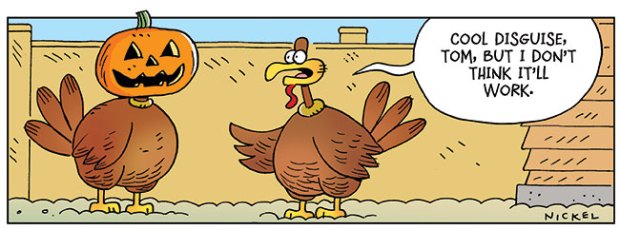Photo from Travel ChannelAre you a sports fan? Personally I'm not, but I know many of my students are! When I was thinking of my next blog post, I thought a winter sports theme would be great. To make it even better, why not focus on extreme sports? It's always fun to make things a little more interesting for our students. Honestly, putting together this post was the first time I had even heard of...









